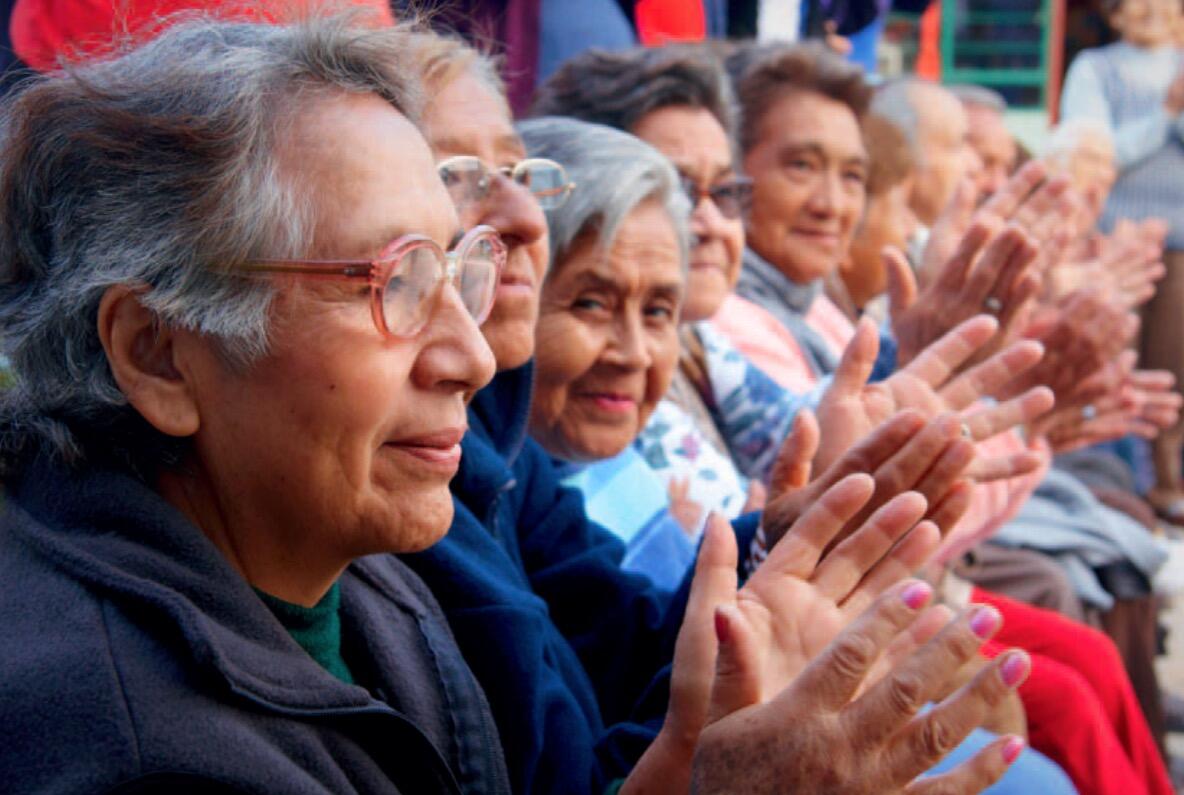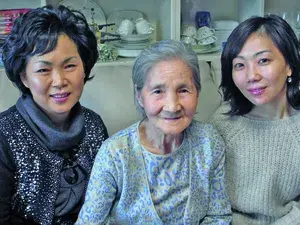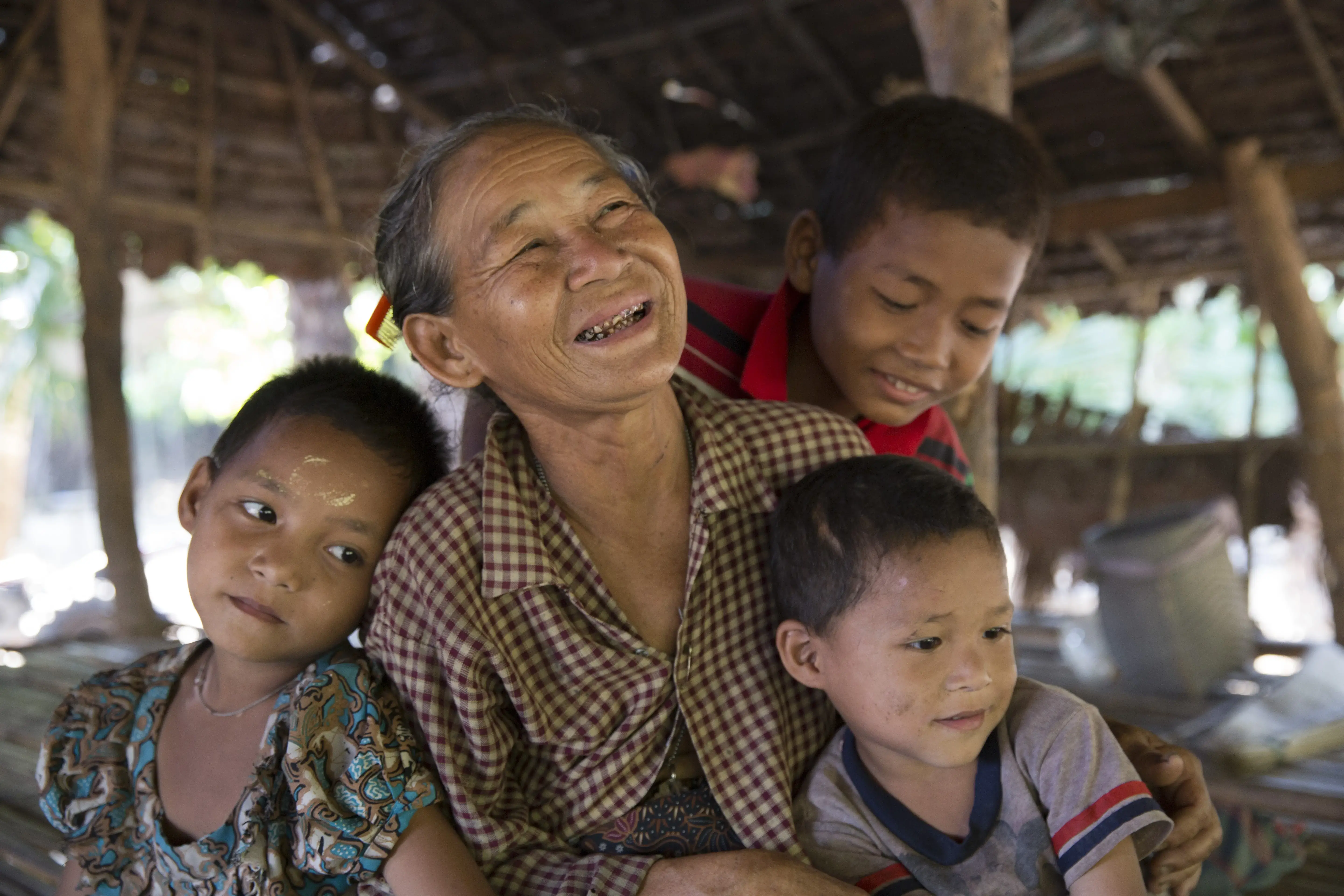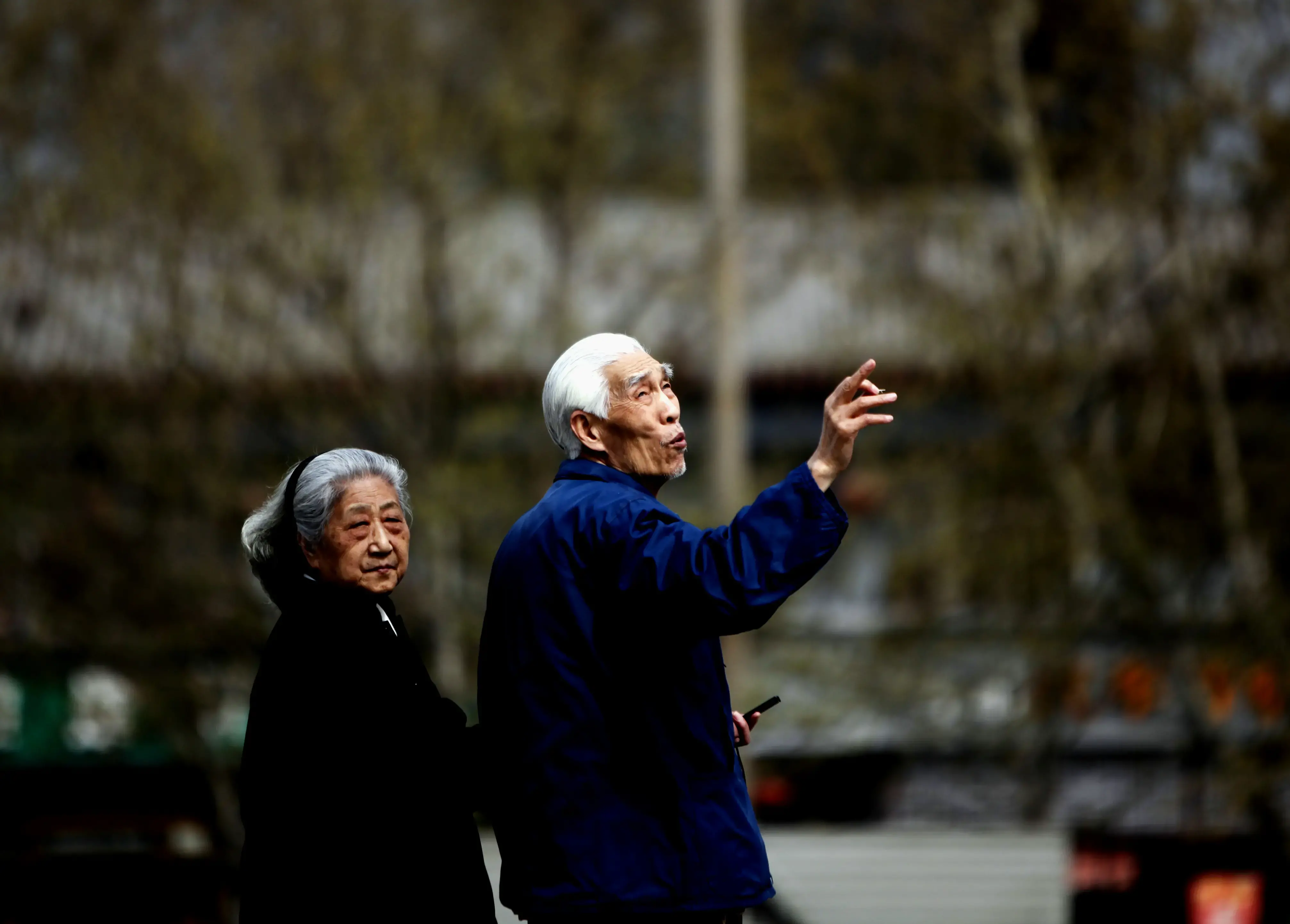Asia and the Pacific is home to over half the world’s people over 60 years of age. These numbers are expected to rise from over 500 million in 2015 to over 850 million by 2030. By then, nearly two thirds of the world’s older persons will be living in Asia and the Pacific.
Women currently constitute the majority – some 54 per cent – of older persons in the region, but represent an even greater majority, 61 per cent, of the “oldest old” population of 80 years and older.
The HelpAge Asia-Pacific Regional Conference 2016 - The Economic Implications of Ageing, to be held in Hanoi, Viet Nam on 6 – 8 September with UNFPA support, brings together 300 policy makers, leaders and luminaries from 35 countries to develop joint approaches to the rapidly changing demographics in low and middle income countries in the region.
Participants will consider how unprecendented demographic change will impact macroeconomic performance, equitably shared growth and fiscal sustainability, as well as how ageing will affect important spheres of life and government, including the workforce, healthcare, household income and markets. '
Read the joint UNFPA - HelpAge piece in the World Economic Forum's Global Agenda blog.
More information
- Conference website
- Opening remarks by Lubna Baqi, UNFPA's Deputy Regional Director for Asia and the Pacific
- Ageing in the 21st century - a celebration and a challenge
- World population ageing report (2015)
- HelpAge East Asia and the Pacific
- Population and ageing in China - facts and figures (2013)
- Report on status of elderly people in select states of India (2011)
By caring for one another, China’s seniors find a new lease on life
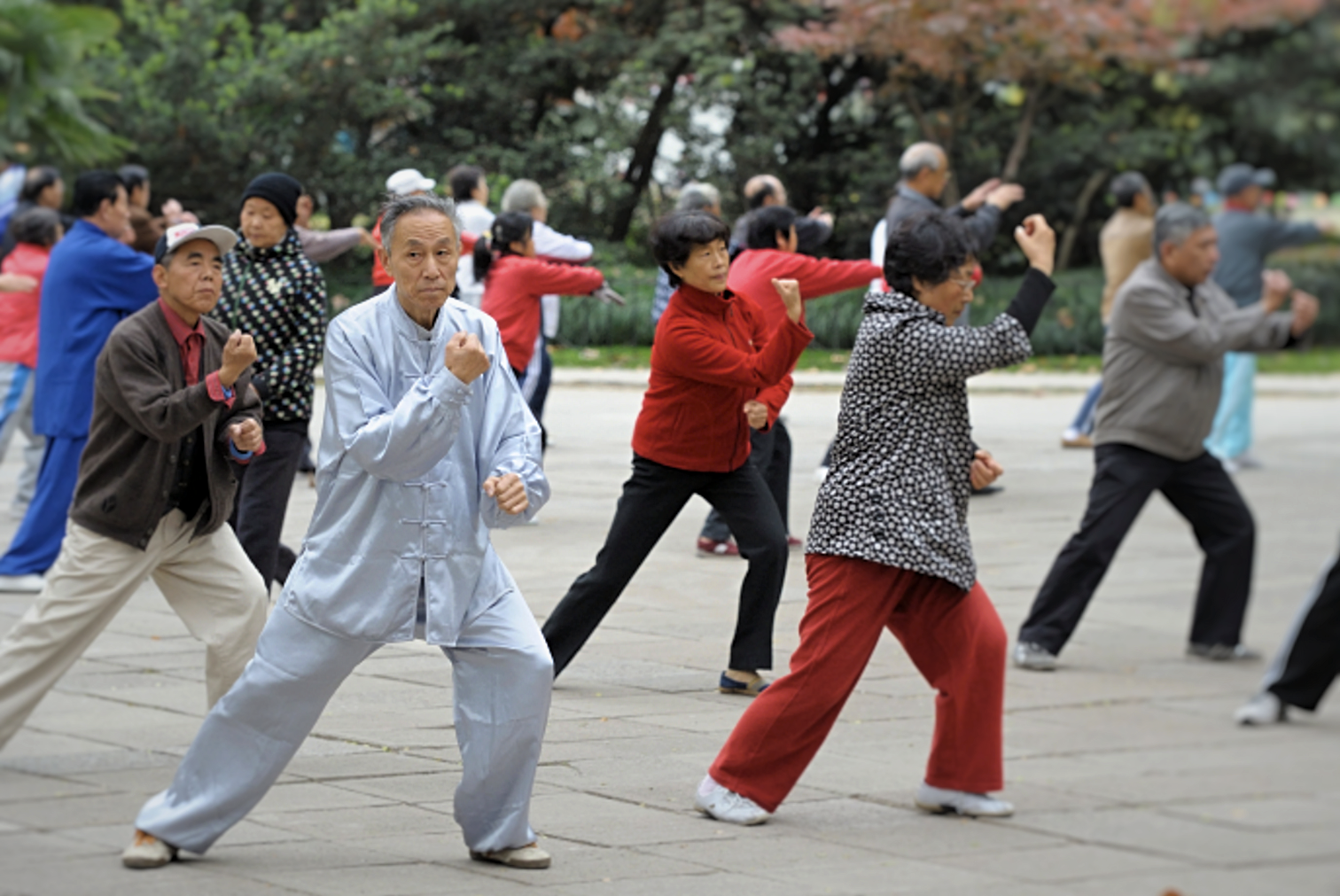
Gaoban - Centenarian Tang Chomao lives alone. Immobile, he relies on volunteers to give him care, assistance and a lifeline to the outside world.
Like many of the hundreds of seniors living nearby, his pension is meager, his health coverage is poor and the younger generations, that in bygone days would have cared for their grandparents, have long since moved on to cities in search of better jobs.
Yet facing an uncertain future, Gaoban’s senior citizens have come together to care for one another and the most vulnerable seniors like Tang. And in the process, have found a new lease on life themselves.
Read the full story.
In Myanmar, one in five elderly people have to work

Yangon - Daw Aye Than, aged 64, played a critical role for her family during the 2015 floods in Myanmar when they had to leave their home to find safety above the waterline.
She is the caregiver for her father, aged 86, and her two young grandchildren. Her pregnant daughter gains a small income for the family through casual labour, while her son-in-law is away seeking employment as a migrant worker.
After fleeing their home, the family used up their modest capital of US$55 to build a makeshift open shelter by the roadside. There was not enough money for four walls and a door, only for two walls.
Read the full story.
Bridging the generation gap in Viet Nam

